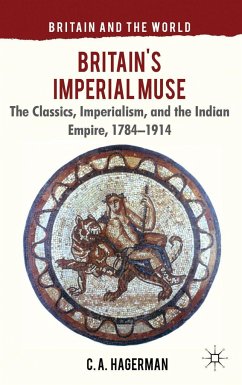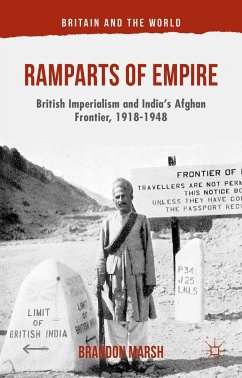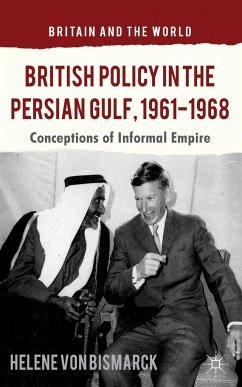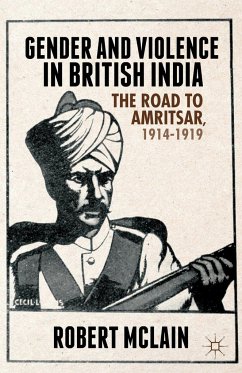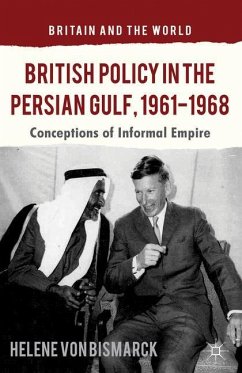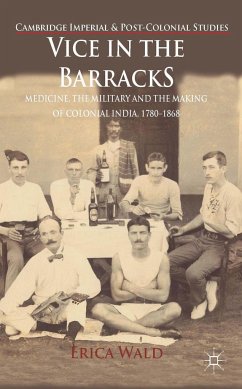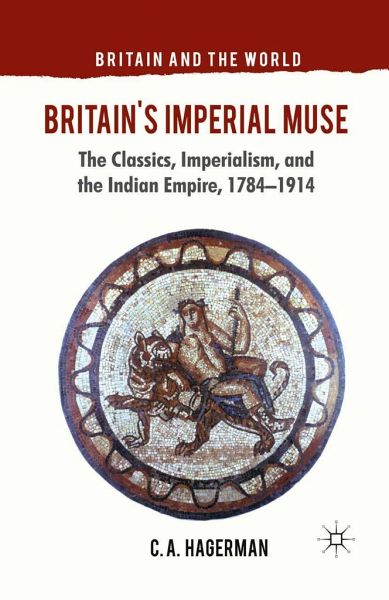
Britain's Imperial Muse
The Classics, Imperialism, and the Indian Empire, 1784-1914
Versandkostenfrei!
Versandfertig in 6-10 Tagen
38,99 €
inkl. MwSt.
Weitere Ausgaben:

PAYBACK Punkte
19 °P sammeln!
Britain's Imperial Muse explores the classics' contribution to British imperialism and to the experience of empire in India through the long 19th century. It reveals the classics role as a foundational source for positive conceptions of empire and a rhetorical arsenal used by commentators to justify conquest and domination, especially of India.



